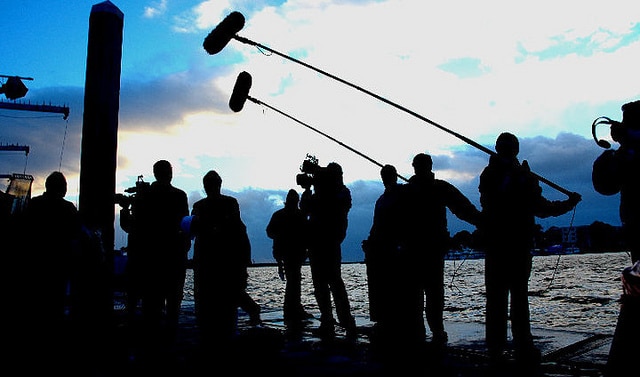In response to a request for comments concerning both China’s and Russia’s implementation of their World Trade Organization (WTO) commitments, IATSE joined the Directors Guild of America (DGA) and the Screen Actors Guild‐American Federation of Television and Radio Artists (SAG-AFTRA) in two letters to United States Trade Representative (USTR), Robert Lighthizer urging him to take additional action to secure compliance. Though they have made progress since joining the WTO, China and Russia remain far out of compliance with their obligations to protect and enforce copyrights.
The film and television industry is one of the few American industries that currently produces a global net trade surplus (supporting 2.6 million jobs and $17.2 billion in annual exports). But online piracy of stolen audiovisual content costs the U.S. economy between $29.2 billion and $71.0 billion annually. Thus, the U.S. could create additional jobs and exports if copyright were more robustly enforced globally.
Almost 87,000 copyright-related cases (including claims for illegal and unauthorized distribution or reproduction of movies and TV shows, as well as video games and written works) were filed in China in 2016. In 2019, piracy-tracking firm MUSO named Russia the number two in global online piracy, with 14.5 billion visits to piracy sites in 2018.
Fighting online piracy and enforcing copyright obligations are critical to our members. While we do not own the copyrights to the works we help create, our livelihoods depend on contractual royalty payments (known as “residuals”) we receive when the copyrights for the audiovisual works we have helped create are licensed to others over the life of a work.
Even modest improvements to the trade challenges our products face in China and Russia can translate to meaningful economic benefits for the arts and entertainment industry and its workers. We urge the USTR to take additional steps to ensure that China and Russia live up to their WTO obligations, including by better enforcing copyright.











